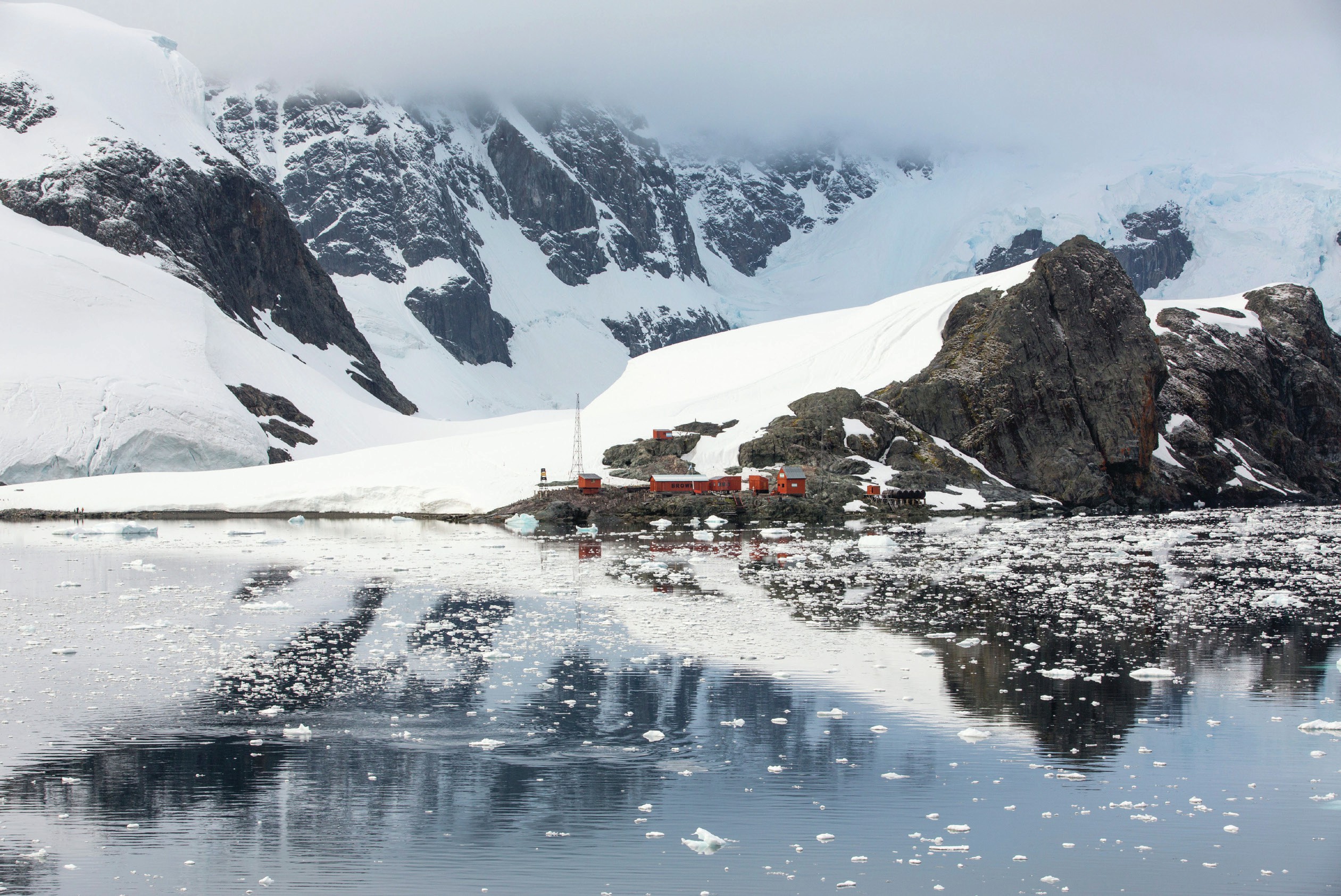
Only about one-third of Earth’s surface is divided into sovereign states: bounded territories where individual authorities have absolute power. The rest of the planet, and beyond, is governed as a commons: a space that is open to all of humanity. This article focuses on three such areas: Antarctica, the Arctic Ocean and outer space. By exploring the concept of a global commons, it sheds light on one aspect of the politics of globalisation.
Antarctica, sometimes called the ‘seventh continent’, is one large land mass. This is significant because, were it not for the Antarctic Treaty (see below), there would be no legal impediments stopping a government from claiming all or a portion of Antarctica as an extension of its sovereign territory. Once a government did this, it could settle people there, extract resources, build cities, establish tax systems, police borders, and do all the other things that governments do to claim and develop state space.
Your organisation does not have access to this article.
Sign up today to give your students the edge they need to achieve their best grades with subject expertise
Subscribe




